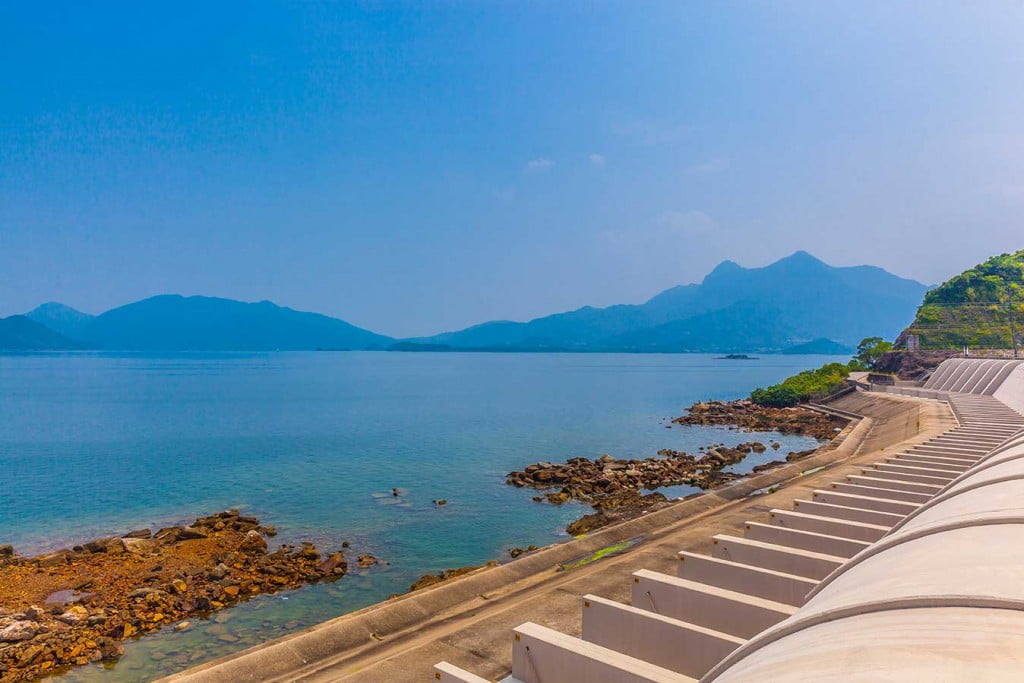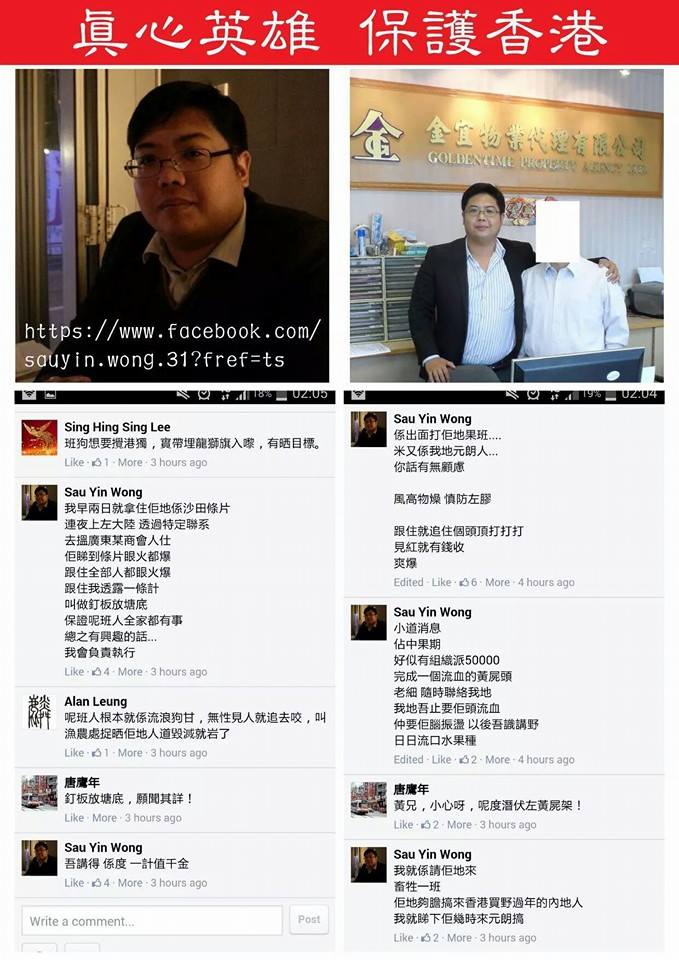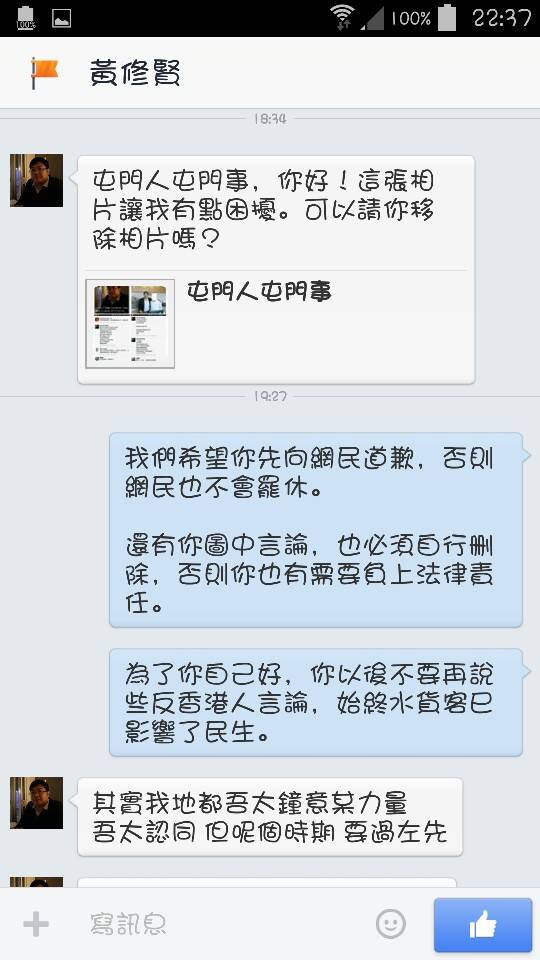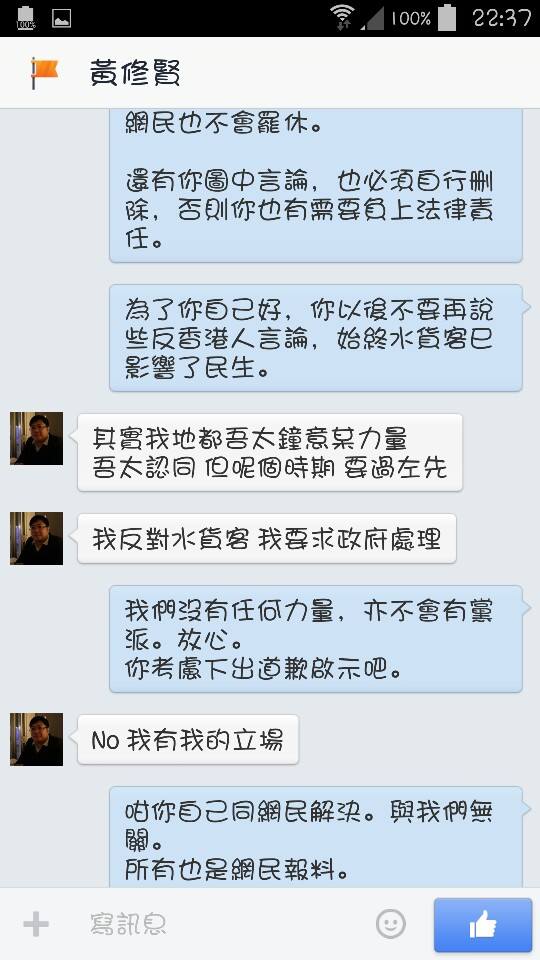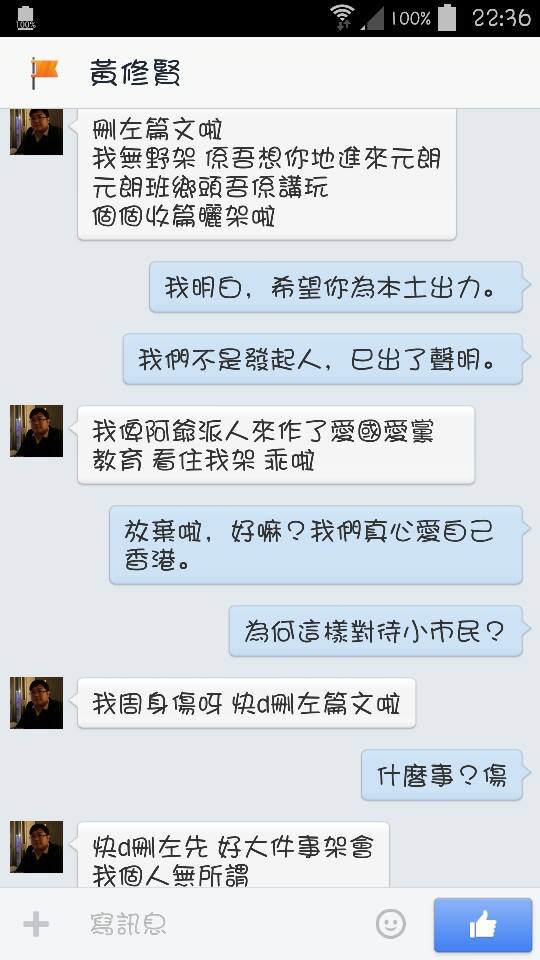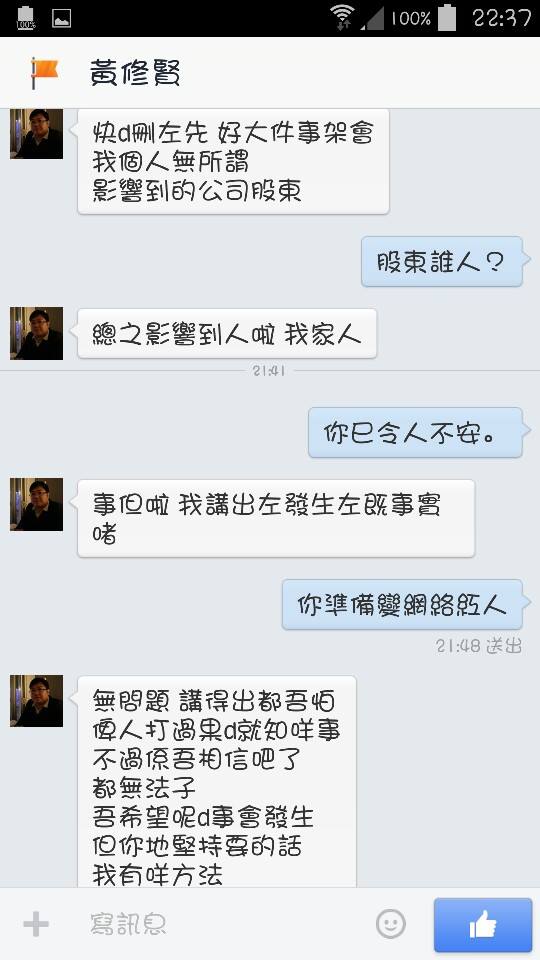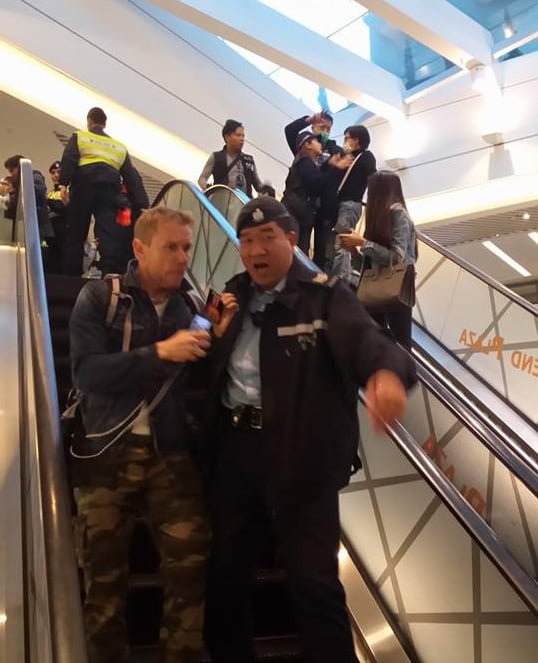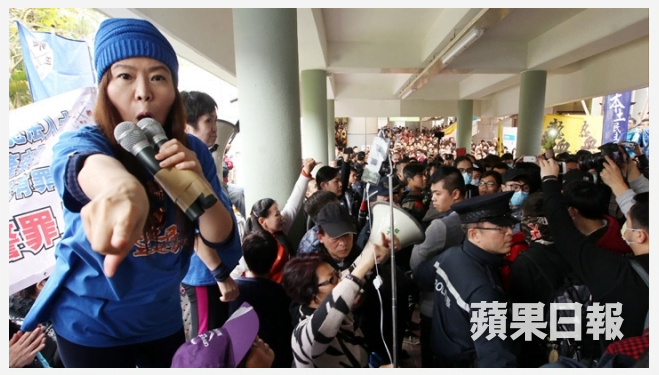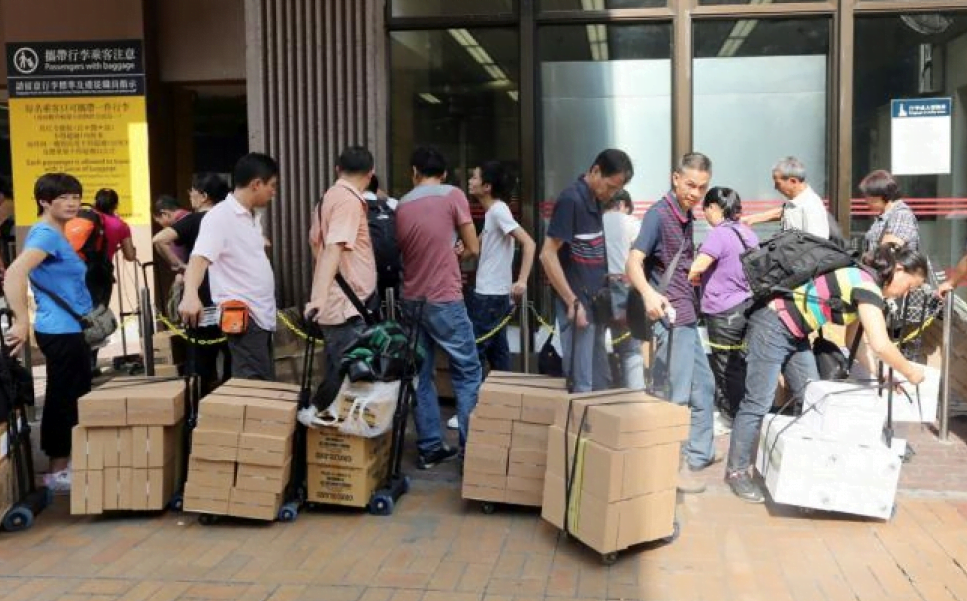
Over a month ago I had the good fortune to sit at a table surrounded by some highly motivated, young activists. We discussed many issues concerning protest in Hong Kong and one of the issues they kept coming back to were the operations that were starting up in Sheung Shui to confront the parallel traders, or smugglers. They were very keen to hear my views on it. The fact was that I didn’t really know much about what was going on in Sheung Shui and I answered, to my discredit now, that I thought it was a distraction from the main idea of political reform. I wrongly believed, at the time, that their focus would have been better served in Admiralty or 9wu. My only redemption was that I asked the pointed question;
Do the local people support you in your efforts against the smugglers? Their answer was a categorical, Yes. Then, it can’t be a bad thing, I replied.
A month is a long time in politics and the actions that have since taken place in the districts have shown that the Direct Action Groups that these young, activists belong to are very politically astute. While the more traditional methods of protest have temporarily stalled, they have created an entirely new frontline that is a realistic way to build horizontal support and increase vertical pressure.
This is not big politics, it is raw street politics. The northern towns of The New Territories are awash with smuggler dens that transport everything from baby milk, to iPhones to live lobsters across the border daily. They serve no public function for the local residents The locals aren’t getting rich from this thriving trade. Resentment is at breaking point in these districts. In responding to the alleged attempted fire-attack on one of the smuggler shops the other day, Apple Daily reported that one local said, “He wished they would burn all the shops.”
The Direct Action Groups reasoning is simple and raw, we are local people and we will prove that we can solve local issues.
Taking on the smugglers is not easy political capital. That’s why the government refuses to do it. Too many vested interests. On top of this, these smuggling rings are almost certainly linked in to other forms of organised crime or dark forces across the border. Despite this, at great personal risk to themselves many Direct Action Groups have been conducting anti-smuggler actions week in week out, largely going under the radar of traditional media. They have had great success given that the only resource they really have are their own bodies and time.
The linchpin to the preventing the thriving industry is the MTR. The smugglers are operating on very tight margins so the business model ideally involves carrying as much as possible in trolleys on the MTR. The MTR does have strict regulations on baggage size and weight, which it tries to enforce, but the smugglers overwhelm the staff on duty with both numbers and threats of violence. The MTR staff want the problem solved, The local police want the problem solved and have also assisted in helping the groups make the smugglers queue up to have bags weighed and measured. This has had an effect, but unfortunately the side-effect has been to push the smugglers to other areas and other means of transport, like the buses. The smugglers are a tenacious bunch. The appetite for their products across the border is voracious.
The small gains achieved have definitely endeared the locals with the activists, but the problem is huge and needs to be tackled in every district simultaneously.
This Sunday, Feb 8th the Direct Action Groups will launch their biggest operation yet in a combined action in Tuen Mun. Early reports are that the triads will be waiting to meet them. As a little side reference, during the skirmishes at the Mongkok Occupy, it was widely reported that the so-called triads who joined forces with the Blue Ribbons were not local but from Tuen Mun. Things could certainly get heated. The bravery of these Direct Action Groups is mind boggling. I will go to this operation, but I have no qualms in saying, I’m scared.
Sunday will be interesting, especially as there is one other principle actor that I haven’t really mentioned much yet, the police. Firstly, let’s get this clear, I’m not anti-police, but I’m certainly vehemently against bad-policing. If the police want me to stop writing about them then police fairly. It’s simple. It’s not rocket science!
If you’ve seen any of the post-Occupy police videos you will notice that there’s a key theme running through all of them; Law and Order. Any policeman interfacing with the public or media now needs to make sure we all know that this is the central business the police are in, keeping law and order.
Given this, this Sunday’s operation will be a huge test for the police, which has been specifically created by the Direct Action Groups. Everyone will be watching to see if the police can put their personal political prejudices to one side for the sake of law and order: Triad gangs, smugglers, civic groups all in the mix together. How are the police going to catorgorize the threats to law and order?
Batons out and pepper spray are standard procedure these days when facing off large groups of civic groups. Last Sunday’s Tai Po operation showed that the police feel it is operationally expedient to just pat away Blue Ribbons acting violently, yet engage in baton charges or resort to dangerous choke holds on Yellows until they faint. The police may understand this in their heads, but the general public does not. We look at that video of the policeman dragging the boy out by his neck, and think what is the rationale for this level of violence? What did that person do to receive such thuggery from the police? This is the bad policing that more and more people are growing to deplore.
The issue is easily fixed. The solution is not silencing the persistent criticism that arises on social media. The solution lies in fair and equal policing: something the police have lost sight of under the direction of Andy Tsang. Instead, the police are operationally biased from the moment they leave their briefing rooms and step foot on the street. Civic groups engaging in illegal assembly is now the most pressing threat the police perceive and they want to use force to address it. Hoisting banners informing people that they ‘may’ be in an illegal gathering and ‘may’ be subject to violence may make sense in Andy Tsang’s world of CCP cronies, but for people who still have their moral compasses in tact the police’s Route One to violence method is abhorrent and inhumane. Let’s not forget here, no one has been convicted of illegal assembly yet. No one has even been charged officially with illegal assembly yet. So why do the police think they are justified in beating people on suspicion of illegal assembly?
The HKPF is going to have to be a lot smarter and sharper this weekend if it’s going to avoid another free fall in its approval rating. Excuses that, it’s not us it’s them, are wearing very thin now from a force that is paid well to be professional and impartial. If people are gathering illegally, arrest them, charge them and send them to court, don’t beat them, that just makes you look like thugs and black hearts.
To conclude, The Direct the Action Groups are smart. They have created this explosive cocktail for a reason. Only vested interest groups feel threatened by it.
The smugglers are breaking laws and regulations day in, day out unchecked. This operation will highlight the detrimental effects it has on Hong Kong society.
On top of this, the police will be forced to demonstrate their commitment to law and order above their open political biases and personal vendettas.
We have all experienced that many police officers have more in common with rowdy Blue Ribbons and aggressive triads than they have with ‘snot-nosed students’ demanding democracy, but they need to rise above this and concentrate on their jobs, which they keep reminding us is law and order.
Law and order in New Territories’ towns is breaking down because they’re over run with smugglers, not because kids are gathering illegally to complain about them.

